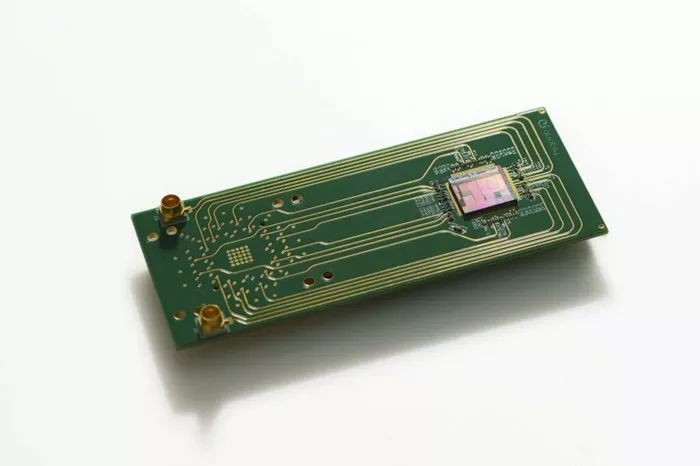Quantum microelectronics innovator Quobly has officially launched a groundbreaking software emulator that replicates quantum circuits on classical computing platforms. The emulator, developed in collaboration with French emulation startup QPerfect, allows developers, researchers, and professionals to begin building and testing quantum algorithms today—well ahead of the arrival of Quobly’s physical quantum machines.
Hosted on the OVHcloud platform, this emulator offers a reliable and accessible environment for early experimentation. It aims to drive widespread quantum readiness across industries such as logistics, finance, pharmaceuticals, artificial intelligence, and even defense.
“This emulator precedes the production of our quantum machine and accelerates its development,” said Maud Vinet, CEO and co-founder of Quobly. “We’re preparing our customers to transition to scalable quantum solutions.”
A Strategic Tool for Quantum Development
By simulating quantum circuits on classical machines, the new emulator allows users to design, test, and validate quantum algorithms in real time. It offers immediate practical use for solving complex problems in combinatorial optimization, quantum chemistry, portfolio management, drug development, and deep learning.
Its stable platform also supports training and demonstrations in high-security or sovereign settings, including ongoing engagements with the French Armed Forces. Both public and private institutions can leverage the tool to gain experience and develop strategies well before Quobly’s quantum hardware becomes available.
Built on Familiar Standards, Not Proprietary Code
A major advantage of the emulator is its compatibility with existing quantum programming frameworks. Developed with QPerfect, the system uses a language closely aligned with Google’s Cirq and IBM’s Qiskit, ensuring minimal friction for users already familiar with those ecosystems.
This non-proprietary, standards-based approach eliminates the need for users to learn a new language and supports seamless integration into existing workflows—positioning Quobly as a user-first platform in the emerging quantum landscape.
Performance Without Noise
The current emulator is described as “perfect,” meaning it does not simulate quantum errors or decoherence. As a result, it provides a clean, stable environment for algorithm development, with capabilities to emulate between 27 and 31 logical qubits without introducing computational noise.
This phase is only the beginning. Quobly plans a roadmap of enhancements, including:
- Simulation of physical errors and quantum noise
- Integration of tensor network methods
- Scalability up to 100 logical qubits
These future upgrades will bring the emulator closer to real-world quantum computing conditions while expanding its application range.
Laying the Groundwork for Scalable Quantum Computing
The launch of the emulator marks a major step in Quobly’s industrialization strategy, underpinned by a strategic partnership with STMicroelectronics, signed in late 2024. This collaboration leverages STMicroelectronics’ expertise in 28nm FD-SOI semiconductor manufacturing, enabling Quobly to account for fabrication constraints early in the design phase.
This vertical integration—from software emulation to hardware design and fabrication—positions Quobly uniquely to deliver scalable and commercially viable quantum systems.
“We’re using emulation to predict hardware performance and refine system design,” Vinet added. “Our partnership with STMicroelectronics makes it possible to plan for industrial-scale quantum solutions today.”
As Quobly continues to develop its hardware capabilities, this emulator ensures that the broader ecosystem of developers, institutions, and enterprises can begin preparing now. In doing so, the company bridges the gap between today’s computational tools and tomorrow’s quantum breakthroughs.
Related topics:

